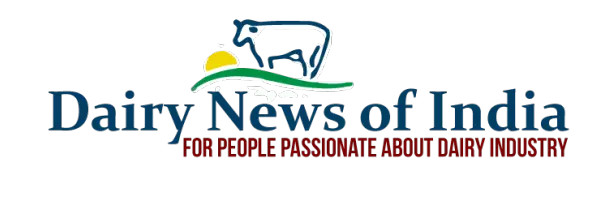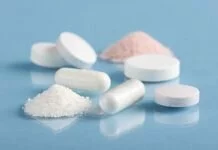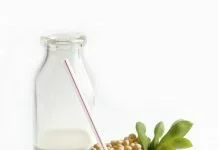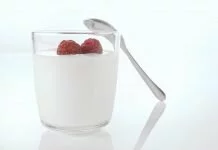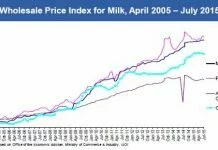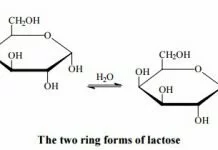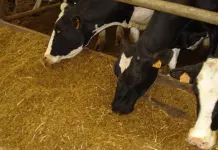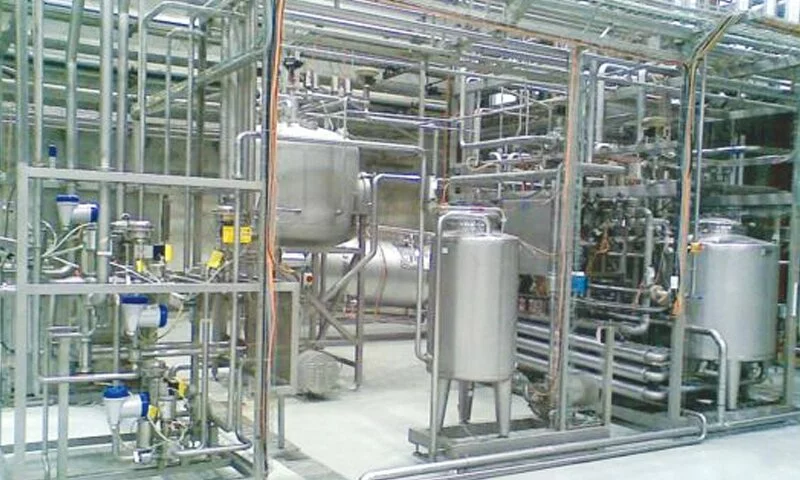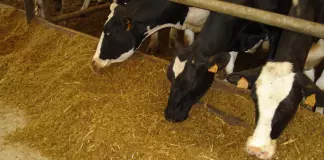Indian dairy firms now look to sell protein supplements added milk
HYDERABAD: After seeing the benefits that value added products offered in terms of improved profit margins, the Indian dairy firms are now looking at selling milk added with protein supplements to cash in on growing awareness among customers on health benefits. Many private dairies, who have already started importing the protein supplements that currently attract high import duties, are also looking at setting up manufacturing units for production of protein supplements like whey, eying higher margins.
Dairies like Mumbai-based Parag Milk Foods, Amul were the who are already present in this segment are planning to scale up their production while others like Prabhat Dairy are looking to foray.
RS Sodhi, managing director of Gujarat Cooperative Milk Marketing Federation Limited, which markets its milk under the brand Amul said, “We see the demand for health supplements growing in India and in line with it, we are coming up with new variants. We have also increased the production capacity of our two whey plants by 1,200 tons this year to 2,000 tons annually.” Amul markets its whey under the brand Amul PRO.
In a filing to the BSE in November, Parag Milk Foods has said that it will be focusing on branded whey products to produce and sell Whey protein consumer products in the form of branded health supplement foods and beverages. Total revenue from whey products for Parag Milk accounted for Rs 225.08 million in 2015 from Rs 227.27 million in 2014, approximately 2% of total revenues.
Sodhi feels that the low cost factor of the whey produced domestically will be a major propeller for the growth of this industry as most of it currently is imported that attracts around 30% import duty pushing up the cost. Also, demand from fast moving consumer goods (FMCG) companies which mix whey in their food items and health supplement companies are also on the rise.
According to the industry, the supply of whey is largely dependent on imports and therefore high costs deterred its growth. However, with domestic companies venturing into this segment, it is bound for a turnaround.
Kishore Nirmal, director, Prabhat Dairy said, “We are looking at producing whey as it’s a byproduct of cheese. As we have recently started producing cheese, so the amount of whey produced is not enough for marketing, though with the growing cheese capacity, we are aiming to venture into this segment as well.”
However, not all the dairies, especially the non-cheese making dairy companies like Hyderabad-based Dodla Dairy, New Delhi Based Sterling Agro are interested in entering the segment at this juncture. “It’s a very niche market in India and as we are not into cheese, producing whey separately would not make sense as it’s a byproduct of cheese,” said D. Sunil Reddy, managing director, Dodla Dairy. Shiva Mudgil, senior analyst at Rabobank too feels the same as very few players are present in this segment currently.
According to data by research firm IMARC, the whey protein market will touch $143 million in sales by 2020 from $44 million in 2014, registering a growth of 22% for the period of 2014-2020. The industry is 100% organised as production of whey requires heavy investments in machinery.
